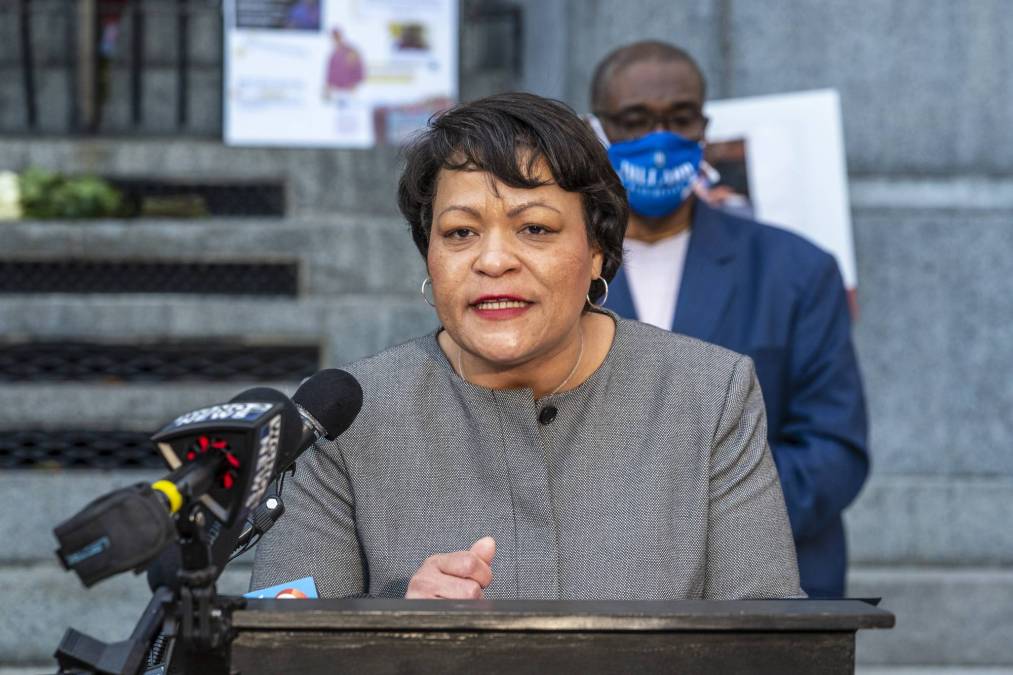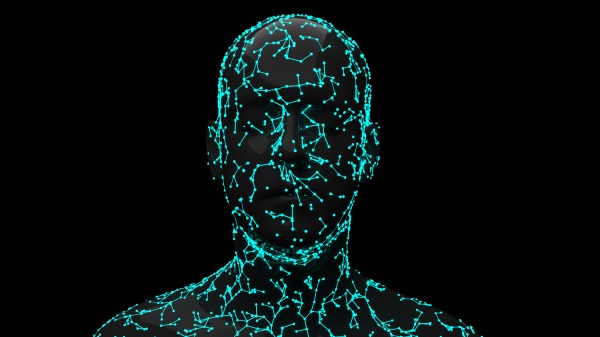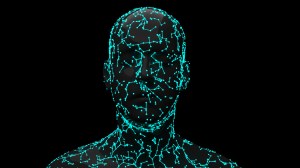New Orleans mayor wants to overturn facial recognition ban

New Orleans Mayor LaToya Cantrell last week requested an ordinance to reverse the city’s ban on using facial recognition, just over a year after implementing it.
New Orleans has had a ban on government use of facial recognition, as well as predictive policing technologies, since December 2020. (The ban is similar to that found in some other cities, including Boston, Portland and San Francisco.) A recent string of shootings and robberies led Cantrell to support a full reversal of the ban, which the city implemented after the New Orleans Police Department admitted to using facial recognition technology after years of denying that the city owned any such technology.
The new ordinance would enable city law enforcement to use facial recognition technology on certain sex crimes, violent crimes or crimes against minors, as well as use surveillance technology to locate suspects of violent or sex crimes with a warrant.
The reversal would buck the trend of cities banning policing technologies out of concerns that the technologies are racially biased. Organizations including the Eye on Surveillance Coalition, a New Orleans advocacy group that helped pass the 2020 regulations, in a blog post said reversing the ban to help police catch more criminals would “distract from addressing the root causes of crime.”
“In December 2020, New Orleans City Council banned the use of facial recognition and three other surveillance technologies, in large part because they have been proven rife with racial bias and have resulted in the wrongful arrest and imprisonment of people of color across the country,” the organization wrote.
NOPD Superintendent Shaun Ferguson has said that the city plans to create a facial recognition governance policy if the ban was reversed, though such a policy isn’t complete yet, The Lens reported.
At a Feb. 2 press conference, Cantrell addressed the city’s recent spike in crime.
“Now is not the time to demonstrate a lack of support for our police officers,” Cantrell said. “Now is the time to lend the support needed so that they can again protect and serve and make those arrests.”





